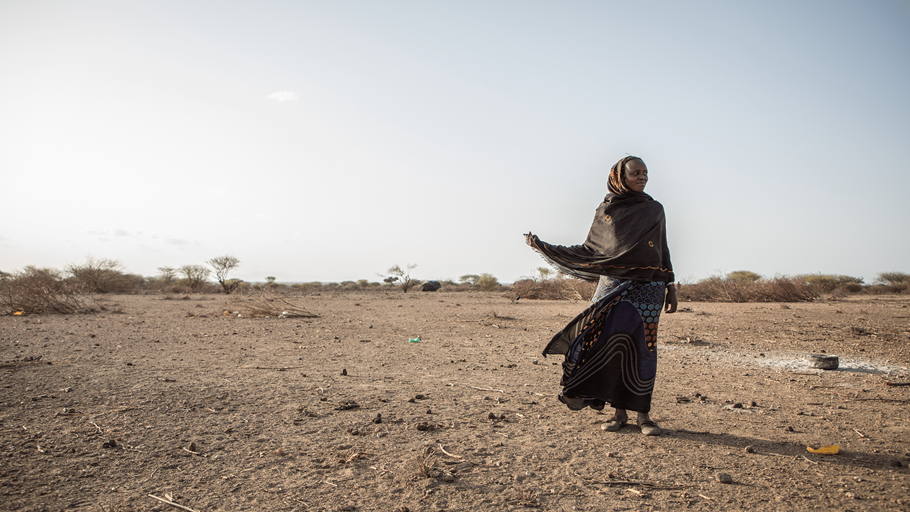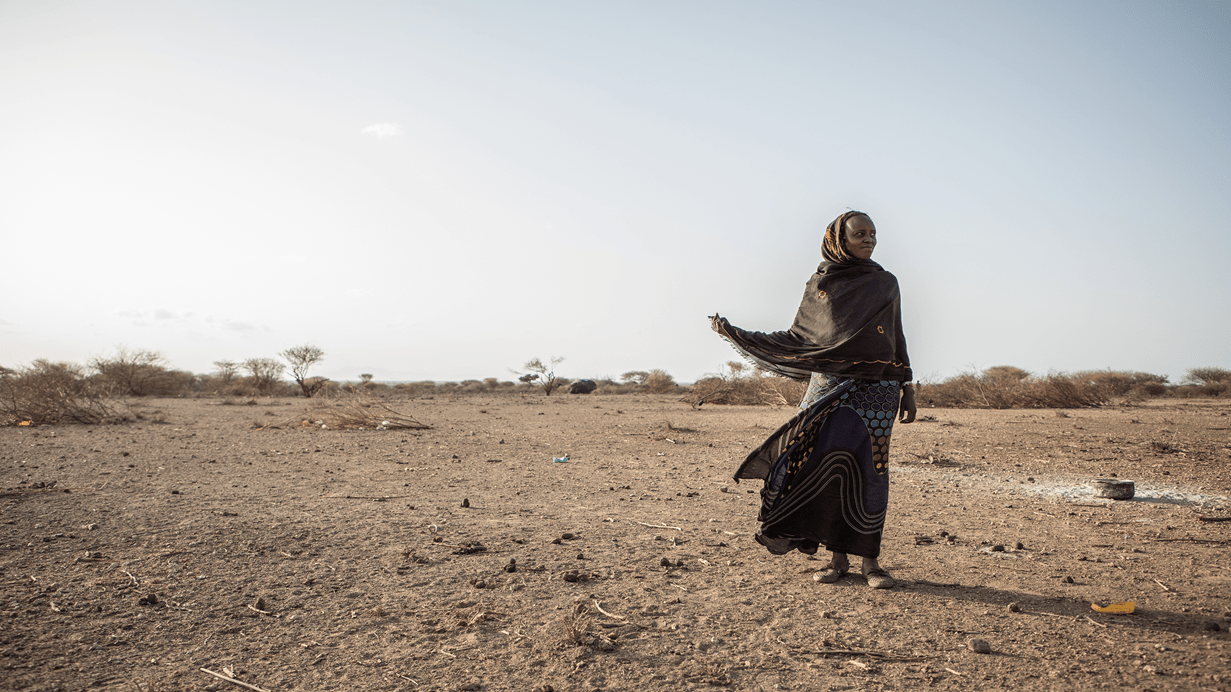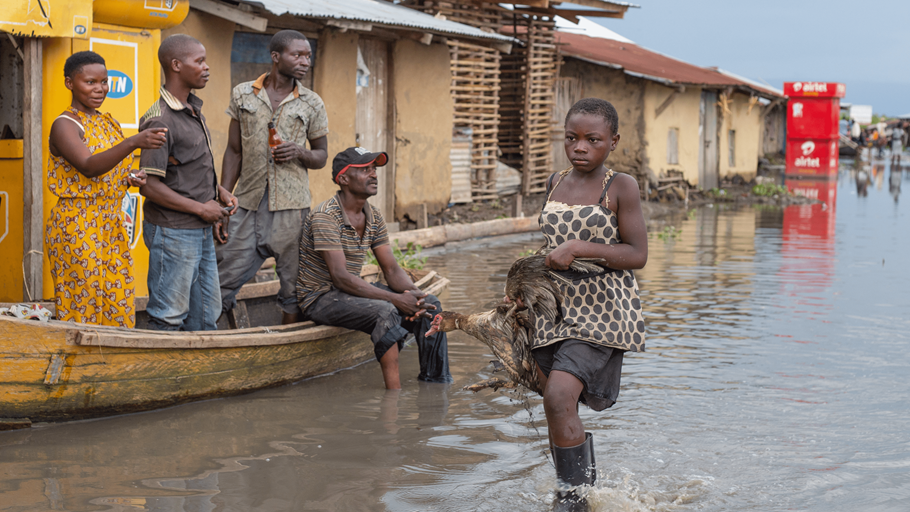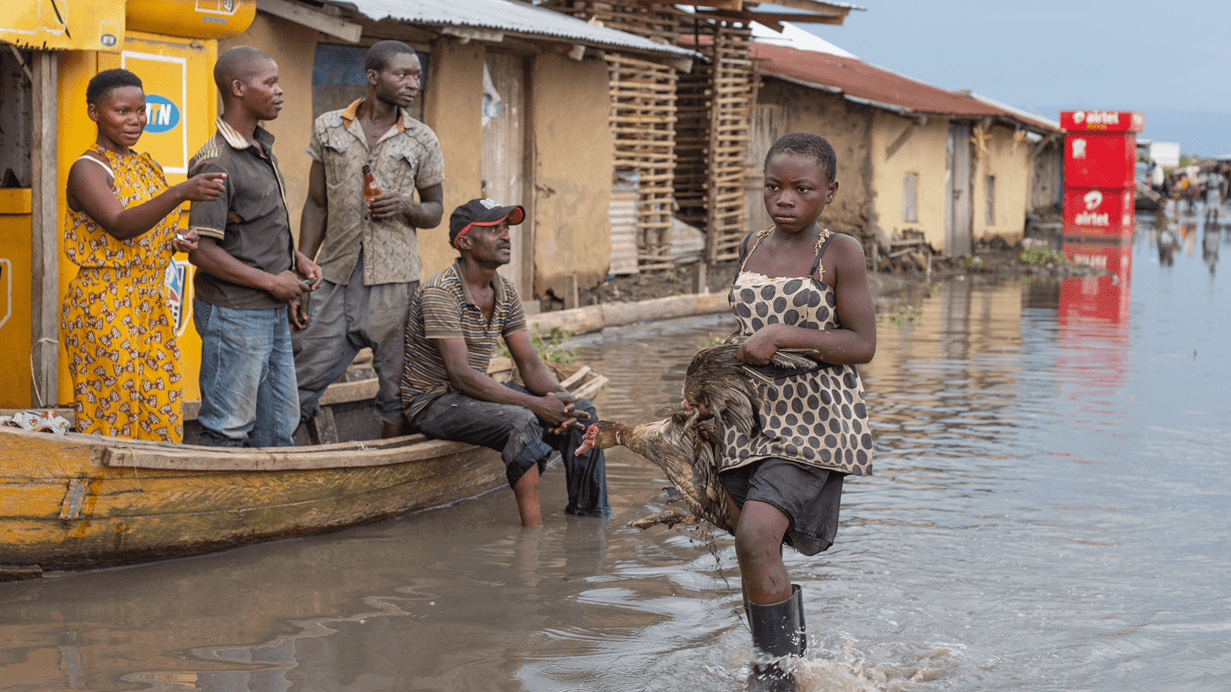Extreme weather events are becoming more frequent, and that’s seen in the world’s water system in particular. Severe flooding, drought and changing rainy seasons are devastating for those living in poverty, and the climate crisis is making it worse. But there are things you can do to help.
Droughts, floods and their impact
The World Bank estimates that 1.65 billion people have experienced flooding and 1.45 million have lived through severe drought in the last 20 years. Each event has devastating consequences including loss of life, homes and livestock.
Droughts and flooding are closely linked to each other. When there is prolonged dry weather, the ground becomes hard and compacted, so when rains do come, the water has nowhere to go – resulting in flash flooding. Homes, schools and health centres can quickly become flooded and crops get washed away.
Climate crisis
But droughts and floods are also linked to the warming climate. Higher temperatures mean more moisture is evaporated into the atmosphere, creating more rainfall. This leads to frequent, heavier rainfalls in some parts, while other places remain dry.
This imbalance in the water system can be catastrophic. Millions of people in climate-vulnerable nations rely on farming for their food and income. They need rainy seasons to be predictable so they can plan for planting and harvesting.
When rains fail, this means poor harvests and food insecurity. Four successive failed rainy seasons have already left 18 million people in East Africa desperately short of food.















